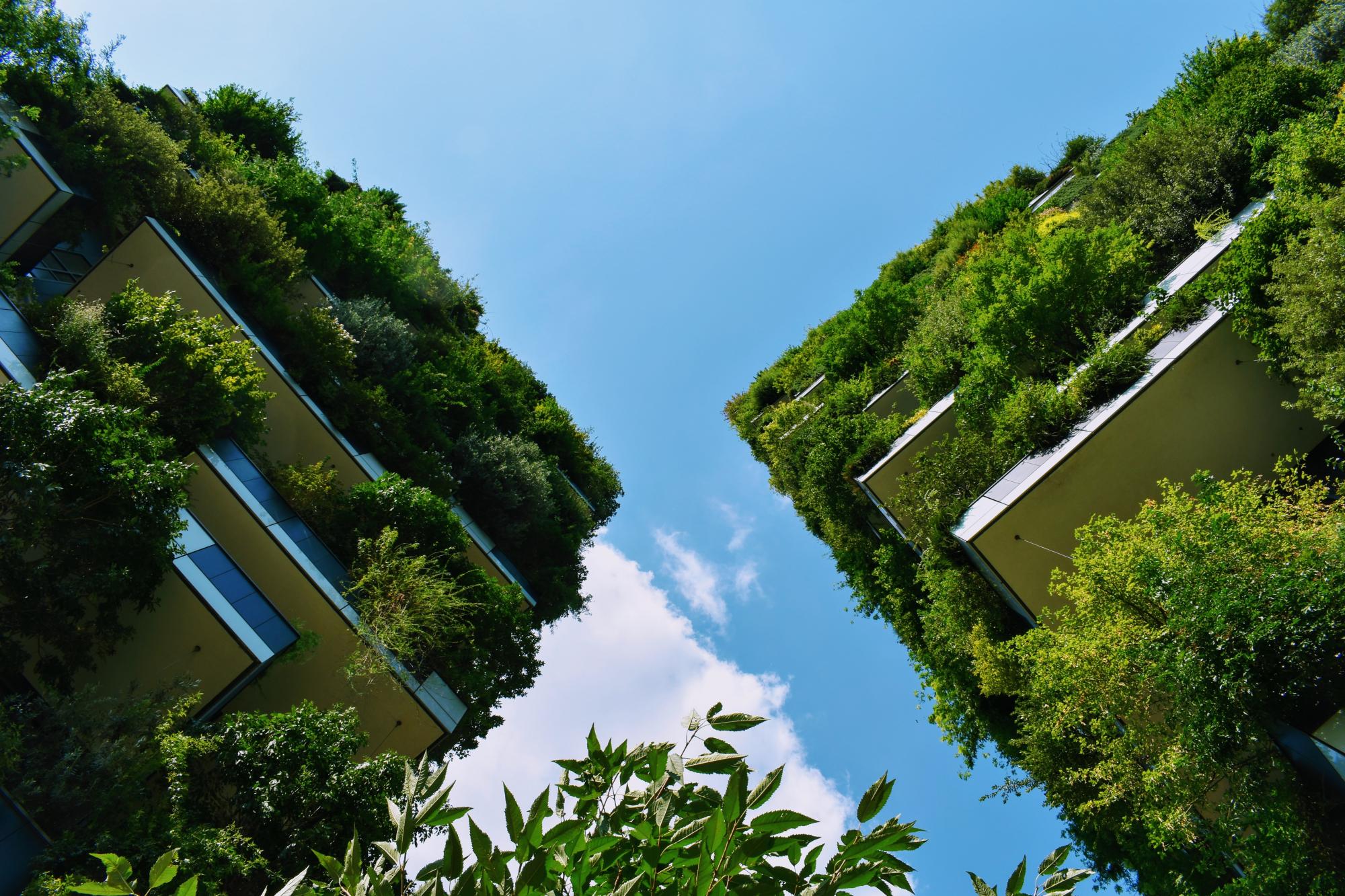Last updated: October 2021
The Hofgarten is a green area in the old town of Augsburg. It is part of the former prince-bishop's residence rebuilt in the 18th century and was built between 1739 and 1744 by Johann Caspar Bagnato (Ref. 1). The park was reconstructed in 2006 providing a barrier-free access to the park for disabled people (Ref. 2).
Overview
Nature-based solution
- Grey infrastructure featuring greens
- Alley or street trees and other street vegetation
- Parks and urban forests
- Pocket parks/neighbourhood green spaces
- Blue infrastructure
- Lakes/ponds
Key challenges
- Green space, habitats and biodiversity (SDG 15)
- Green space creation and/or management
- Social justice, cohesion and equity (SDG 10)
- Social justice and equity
- Social cohesion
- Health and well-being (SDG 3)
- Creation of opportunities for recreation
- Cultural heritage and cultural diversity
- Preservation of natural heritage
- Protection of historic and cultural landscape/infrastructure
Focus
Maintenance and management of urban nature
Project objectives
1. Create a barrier-free access to green environment for disabled people (Ref. 2)
2. Regeneration and enhancement of Augsburg green infrastructure (Ref. 2)
3. Recreational facilities for all (Ref. 2)
Implementation activities
1. Infrastructure for wheelchair users introduced (Ref. 2)
2. Fixation, preservation and enhancement of historically formed green infrastructure of the park (Ref. 2)
Main beneficiaries
- Citizens or community groups
- Marginalized groups: People with functional diversities
Governance
Management set-up
- Government-led
Type of initiating organisation
- Local government/municipality
Participatory approaches/ community involvement
- Unknown
Details on the roles of the organisations involved in the project
"In 1817 it became the property of the Kingdom of Bavaria , the courtyard garden was renewed in 1878 and again in 1898. The city of Augsburg has rented the Hofgarten since 1963. In 1964/65 it was renovated and opened to the citizens of Augsburg. From 2002 to 2005 another renovation took place. Since August 2006, disabled people have also been able to access all areas of the facility via three new ramps via the east entrance.
The city pays only 55 euros annually for the Hofgarten until 2032. To this end, she invests around 50,000 euros annually in the maintenance of the garden, the fountain, the paths and the entrance stairs" (Ref. 1).
Project implemented in response to ...
... an EU policy or strategy?
Unknown
... a national policy or strategy?
Unknown
... a local policy or strategy?
Yes
(According to Augsburg development plans, the areas for recreation should have been extended from 61,084 ha in 2002 to 62,691 ha in 2009 (Ref. 3). )
Financing
Total cost
€100,000 - €500,000
Source(s) of funding
- Public local authority budget
Type of funding
- Earmarked public budget
Non-financial contribution
Unknown
Impacts and Monitoring
Environmental impacts
- Green space and habitat
- Increased green space area
Economic impacts
- Unknown
Socio-cultural impacts
- Social justice and cohesion
- Improved access to urban green space
- Increased visibility and opportunity for marginalised groups or indigenous peoples
- Health and wellbeing
- Gain in activities for recreation and exercise
- Cultural heritage and sense of place
- Protection of natural heritage
- Protection of historic and cultural landscape / infrastructure
Type of reported impacts
Achieved impacts
Presence of formal monitoring system
Unknown
Presence of indicators used in reporting
No evidence in public records
Presence of monitoring/ evaluation reports
No evidence in public records
Availability of a web-based monitoring tool
No evidence in public records
References
1. Wikipedia (2016). Hofgarten (Augsburg). Available at: Source link (Accessed: November 3, 2020).
2. Augsburg Wiki (n.d.). Hofgarten. Available at: Source link (Accessed: November 3, 2020).
2. Augsburg Wiki (n.d.). Hofgarten. Available at: Source link (Accessed: November 3, 2020).



